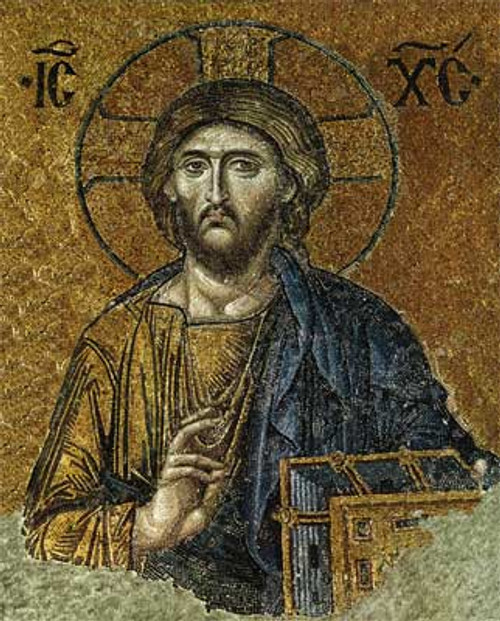Commemorated January 8
Patriarch 406 to 425; b. Sebaste, Armenia; d. Constantinople, Oct. 10, 425. Atticus became a monk and an admirer of eustathius of sebaste, and "though of mediocre talent, was endowed with sagacity" (Sozomen, Hist. eccl.8.27). After his ordination in Constantinople, although not a great orator, he gained a reputation as a facile speaker despite his Armenian accent. He served as one of the seven accusers of St. john chrysostom at the Synod of the oak (Palladius, Vita John Chrysos. 11), and succeeded Arsacius as patriarch in 406. He increased the episcopal authority of his see through a law, sanctioned by Theodosius II, that prohibited episcopal consecrations in Hellespont, Bithynia, and Asia Minor without his consent (Nicephorus Callistus, Hist. eccl. 14.29). An imperial decree of 421 directing appeals from Illyricum to Constantinople instead of Rome, although canceled because of the protest of Pope Boniface I, was incorporated in the Justinian code. Atticus's orthodoxy was acknowledged by the councils of Ephesus (431) and Chalcedon (451). Having avenged himself on the followers of John Chrysostom, he sought reunion with Rome, inscribed Chrysostom's name in the diptychs, forcing (St.) Cyril of Alexandria to do likewise (V. Grumel, Les Regestes des actes du patriarcat de Constantinople 1.1:37, 40, 41), and attacked the Pelagian Celestius and the Messalians. His sanctity was acknowledged by the Bollandists but challenged by L. de tillemont. Of his writings, letters to St. Cyril, Bishop Sahak of Armenia, Calliopes of Nicaea, and others, and fragments of a Treatise against Nestorius have been preserved. The Latin version of the Canons of Nicaea, which he sent to the Synod of Carthage (419), is preserved under his name.







